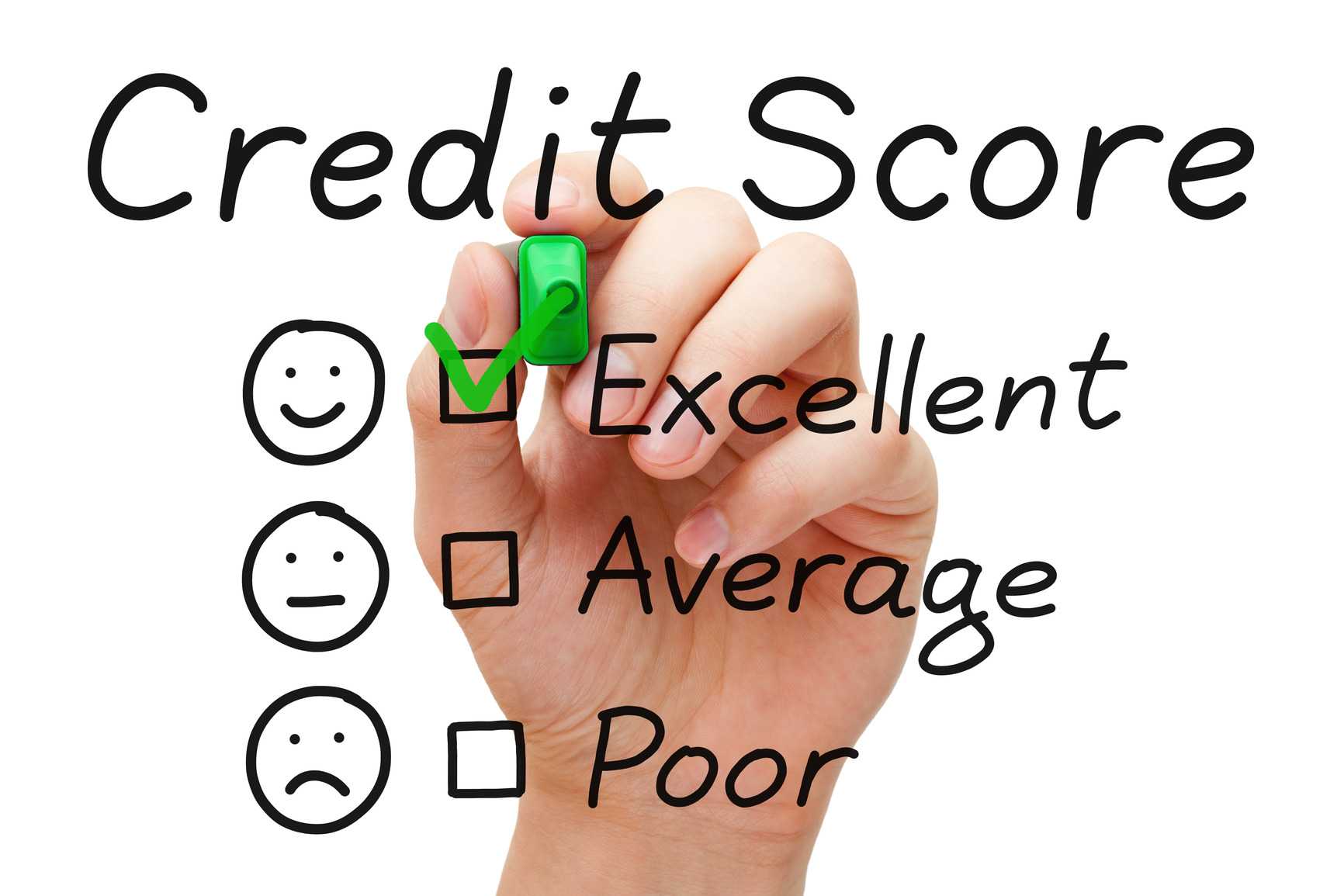Your Credit Score

It's Official: Life is Unfair
Unfair as it may seem, when you apply for your mortgage, your ability to qualify will be reduced to a single number. Your entire financial history up until that point will be analyzed, sliced and diced, into a single indicator of whether you're likely to be able to meet those monthly condo payments.
Know your score! As the saying goes: "Forewarned is Forearmed."
The three major credit reporting agencies are: Equifax, Experian and TransUnion. Each uses a slightly different system to arrive at your score. Perhaps the best known is called the FICO score (by Fair, Isaac and Company) and is used by Experian. Equifax uses BEACON, and TransUnion uses EMPIRICA. Each of the models considers a range of data available in your credit report, however, a rough breakdown of your credit score might look something like this:
- 35% of the score determined by payment histories on your credit accounts, with recent history weighted more heavily than the distant past;
- 30% based upon the amount of debt you have outstanding with all creditors;
- 15% produced on the basis of how long you've been a credit user (a longer history is better if you've always made timely payments);
- 10% comprised of very recent history, based on your efforts to obtain loans or credit lines in the past few months;
- 10% calculated from the mix of credit you hold, including installment loans (like car loans), leases, mortgages, credit cards, etc.
These items, and others, are assigned a value. The results are added up and distilled into your credit score. FICO scores range from 300 to 800 - the higher the better. Most home buyers find their scores falling between 600 and 800.
Higher scores also indicate you are a better credit risk. This means that apart from qualifying or not based on your score, your score will also determine how good your mortgage rate will actually be. So someone with an score of 850 will usually get quoted much better rates than someone with a 650 score. This is when you realize that the money you saved by refusing to pay that last dentist bill could cost you many times more than the bill itself. A credit score of 620 is frequently cited as a "cutoff point" for loans which can be funded by Fannie Mae or Freddie Mac. Below 650, and you're usually off into the private "sub-prime" market, and you could be paying more than you'd like to!
Despite what you may have read or see on the television, easy fixes for poor credit are few and far between.This is because your score is an aggregate of your credit history over a lifetime. However, there are some things you can avoid doing to make matters even worse.
Contrary to what you might imagine, it can affect your score negatively if you close down several credit cards to try and consolidate them: Let's imagine you have 4 credit cards all with a $5,000 limit. If you owe $1,000 on each, then you are using 20% of your available credit. If you transfer the balances of three of the cards to one of them and close the other three, you still owe $4,000. And you are within your $5,000 credit limit, but you are now using 80% of your available credit - and even though you have fewer cards, this doesn't look nearly as good to those in the business.
Also, if you do qualify for that mortgage, don't go buying cool stuff for your new condo on credit the week before you close. An institutional lender will probably re-check your credit score just before closing - and this new debt could mean you no longer qualify for the loan!
One final thing you can do is to make sure there are no inaccuracies on your report. If you visit www.myFICO.com you can request your score for a reasonable fee. You will receive information from all three reporting agencies, along with your credit report. The site also contains other useful tidbits of information on how your score was determined.
Each of the credit services also has its own website:
Get Your Credit Score For Free!
If you're ready to purchase your condo, you will of course discover your credit score for free the moment you make your mortgage application. So if you're ready for a lender to call you and discuss financing for your new condo, just contact us and we'll have a professional lender call you right away. No charge, no obligation. By knowing your financial limits, you'll have taken the next important step to finding your new home!
(407) 901-5161
Orlando Property Enterprises | All rights reserved
